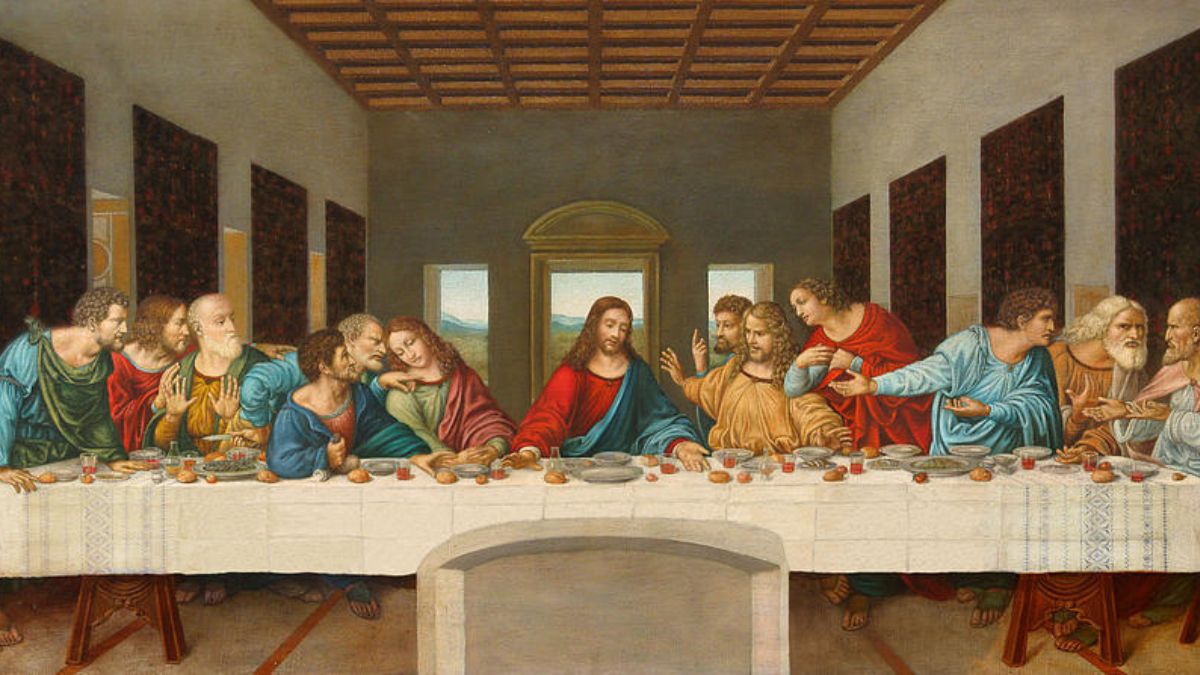

BreakPoint
Spiritual Racism?
"You Christians are so arrogant," the young man told me. "You think Jesus is the only route to God. It's an insult to anyone who follows another faith." His parting shot was: "It's intolerant religious views like yours that lead to hatred and violence." Well, this young man is not alone in his views. In an age that celebrates "tolerance" and "pluralism," the claim that Christ is the only way to God is considered grossly offensive. Rabbi Schmuley Boteach speaks for many when he calls Christian truth claims "spiritual racism." But is Christianity really the only religion that makes exclusive truth claims -- and do those claims lead to violence? In his book, The Case for Faith, former journalist Lee Strobel says the exclusive truth claim of Jesus "is among the biggest obstacles to spiritual seekers today." To get to the heart of the truth claims issue, Strobel interviewed theologian Ravi Zacharias, who grew up in India among Muslims, Hindus, and Sikhs. First, Zacharias told Strobel, we have to understand that all truth claims are, by definition, exclusive. Any time you make a truth claim, you're saying that anything that contradicts it is false. What many Christians don't realize is that every major religion makes truth claims -- just as Christianity does. For instance, Muslims "radically claim exclusivity," Zacharias noted, ". . . not just theologically, but also linguistically." And Buddhism was born when Buddha rejected fundamental assertions of Hinduism. As for Hindus -- they're "absolutely uncompromising" on several fundamental issues, including doctrines involving karma and reincarnation. Atheists make their own truth claim: There is no God. By definition, they're intolerant of the viewpoint of anyone who does believe in God. In other words, people who accuse Christians of arrogance because they make exclusive truth claims are ignoring the fact that every major religion does the same thing. The trick for Christians is to witness to the claims of Christ in a loving, inoffensive manner, so that we won't turn people off. We need to be tactful of cultural sensibilities. And we also need to witness to the truth on a related matter: the accusation that Christianity's truth claims lead to violence and hatred. When they do, the violence largely comes, not from Christians, but from those who resist the message of Christ and hate the messenger. As Ravi Zacharias put it: "I know of no Christianized country where your life is in danger because you are from another faith. But today there are many countries . . . such as Pakistan, Saudi Arabia, and Iran -- where to become a follower of Christ is to put your life . . . at risk." Resistance to the truth, he added, "can be so strong that it can engender violence and hate even when the person has done absolutely nothing wrong." Nothing, that is, except to believe what Jesus claimed: "I am the way, the truth, and the life. No one comes to the Father except through me" [John 14:6]. You'll learn how to answer accusations like these by reading Lee Strobel's excellent new book, The Case for Faith. But you should also know that, in one way, the non-Christians are right: The claims of Christ are outrageous. But they happen to be what G. K. Chesterton called "the wild truth."
04/3/01















